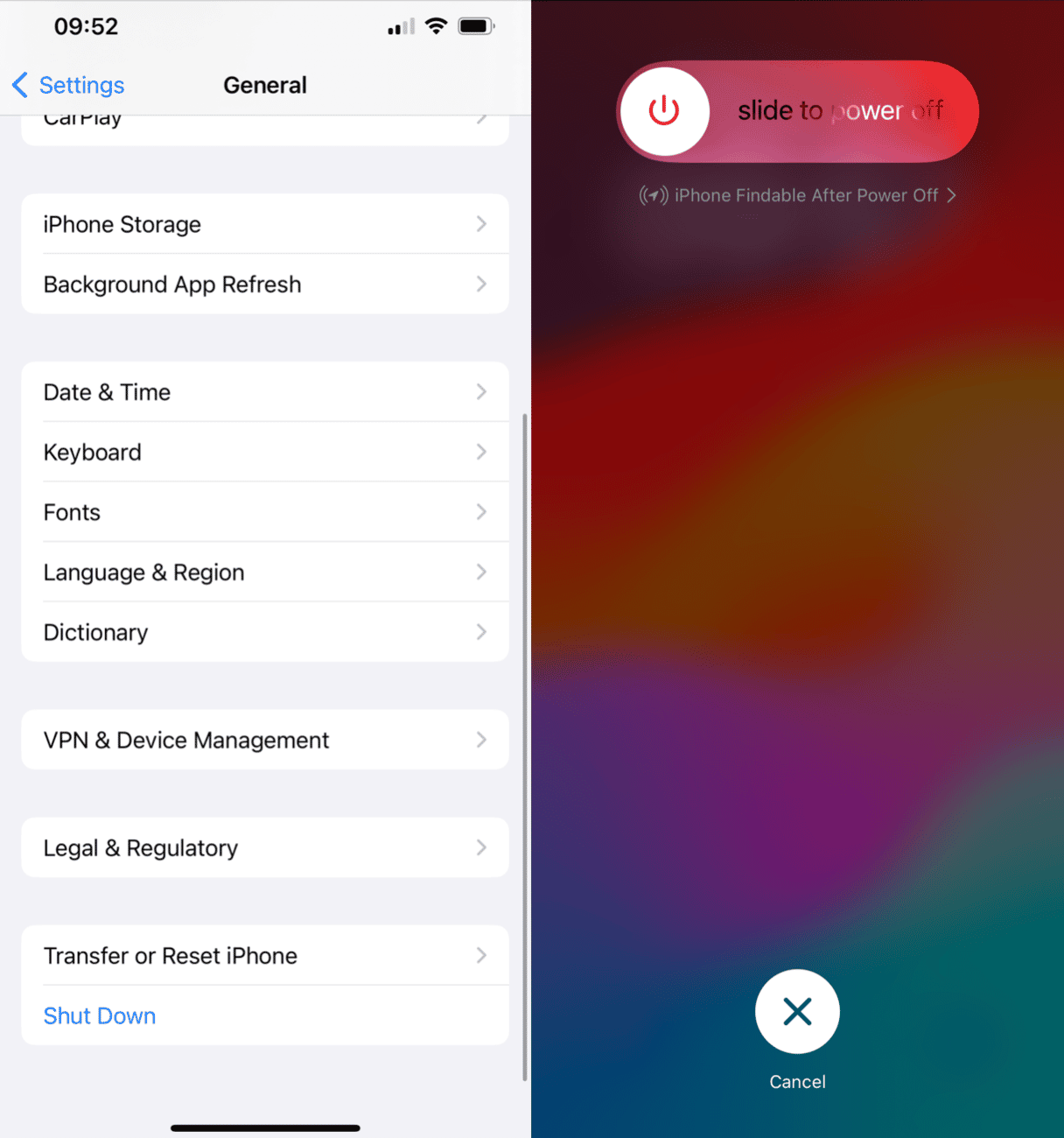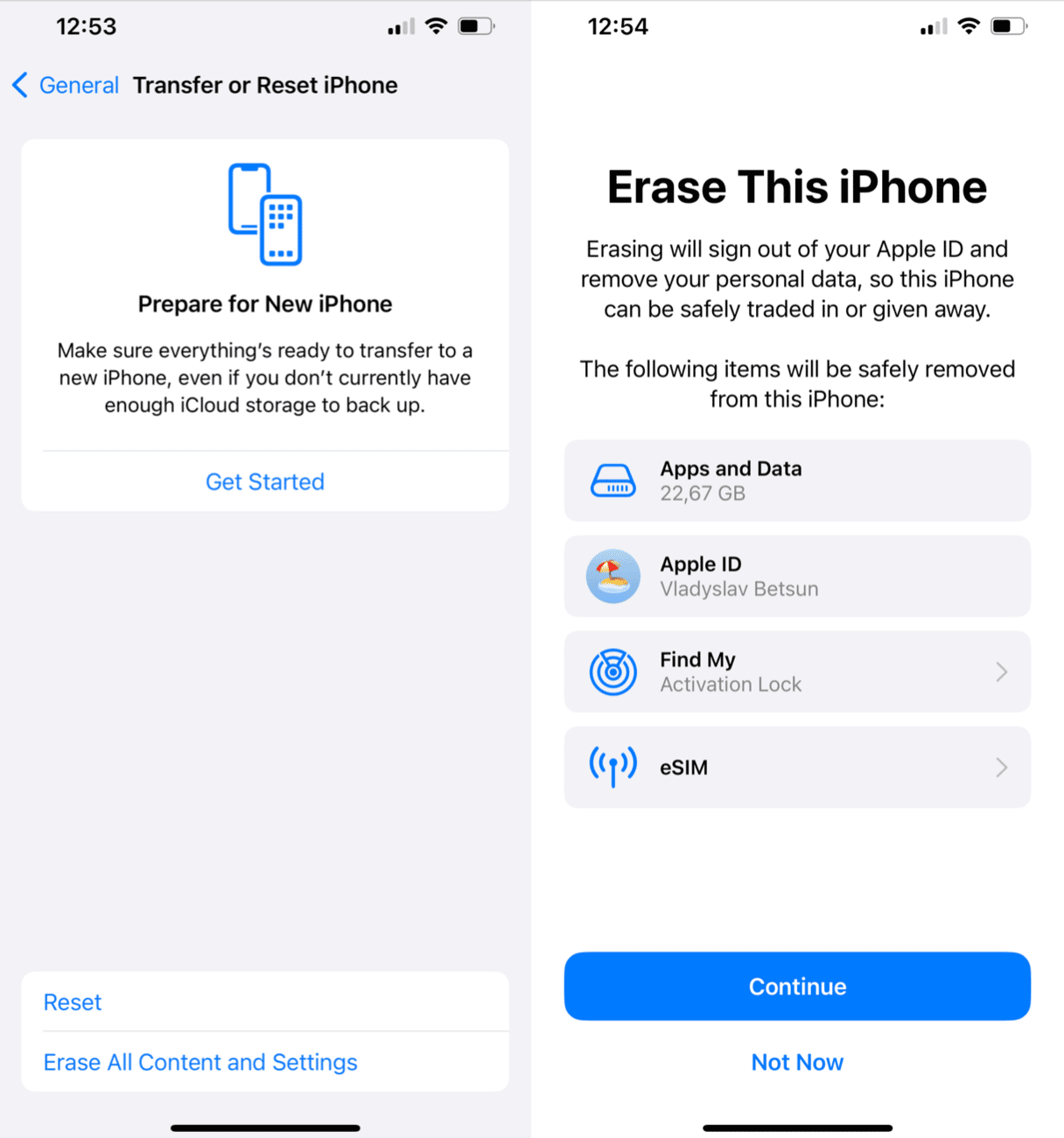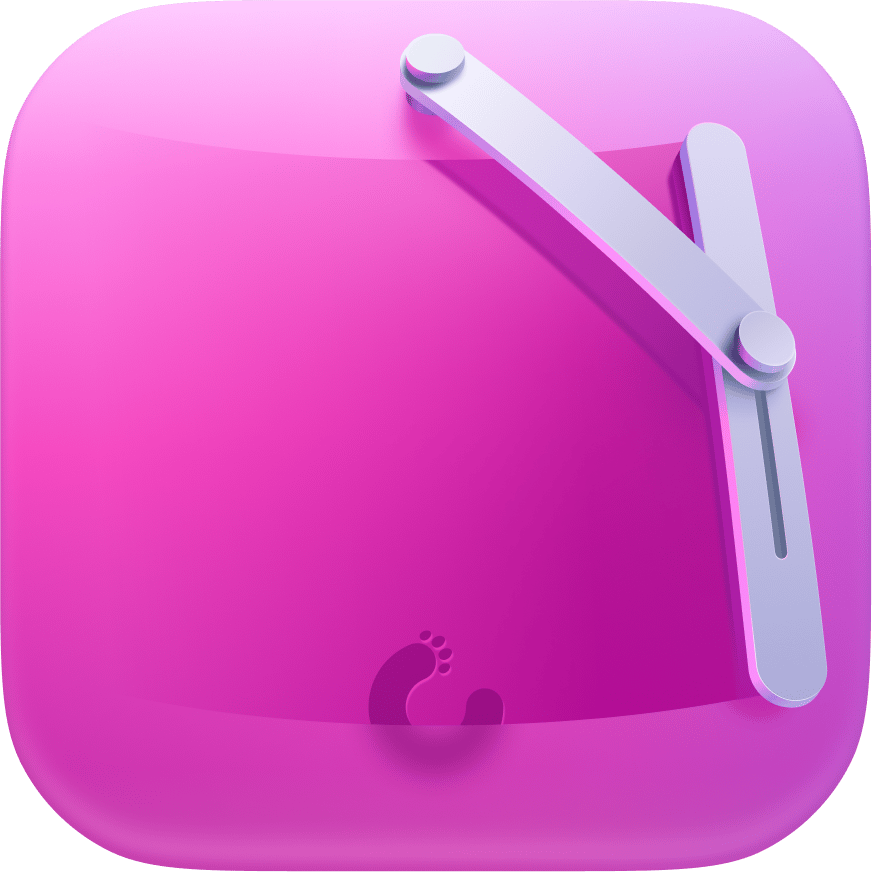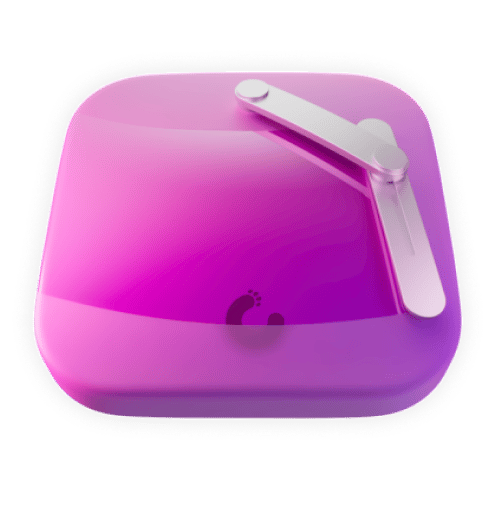If your iPhone is frequently freezing or giving you trouble, the first troubleshooting step you’ll want to try is turning it off and on again. But that’s not always the easiest thing to do when your iPhone is acting up.
In this article, we explain the various ways to reset your iPhone and explain how to do each. Some of the reset methods we’ll discuss will wipe your data, but don’t worry—keep reading, and you’ll learn everything you need to look out for.
What’s the difference between a restart, a hard reset, and a factory reset on an iPhone?
When it comes to resetting your iPhone , three methods will help with troubleshooting most of the issues you might be experiencing.
- Restart: Turning your iPhone off and back on allows apps to close and start back up correctly.
- Hard Reset: If your iPhone is unresponsive, a hard reset will force it off and allow you to turn it back on.
- Factory Reset: This reset completely erases and reinstalls the software on your iPhone.
As you may have noticed, the list above is ordered from least to most invasive. A restart, for example, will result in very minimal data loss, while a factory reset wipes your phone entirely.
How to restart your iPhone
Restarting your iPhone is good occasionally, but if it’s been running slow or generally feeling buggy, restarting is the first thing you’ll want to do.
Here’s how you restart the iPhone, which doesn’t have a Power button:
- Press and hold the Side button and either the Volume Up or Volume Down button.
- When the Power Off Screen slider appears, drag it to turn your phone off.
- Press and hold the Side button to switch the phone back on until you see the Apple logo.
Soft reset an iPhone from the Settings
If you cannot turn your iPhone off using the steps listed above, you can try doing it through the Settings app.
- In the Settings app, tap General.
- Scroll down and tap Shut Down.
- Slide to power off.
- Press and hold the side button when your phone shuts off until the Apple logo appears.

How to force restart (hard restart) your iPhone
If your screen is frozen or your iPhone isn’t responding, you’ll want to try a force restart. You might be familiar with how to do this on older iPhones, but the process has changed a bit since the iPhone doesn’t have a home button.
- Quickly press the Volume Up button.
- Press the Volume Down button.
- Press and hold the Side button until it shuts off completely.
- Once it is shut off, press and hold the Side button again to power it back on.
The timing of the button sequence can be a little difficult the first time you try it, so if you’re having problems, wait for a second and then start again at Step 1.
How to perform a factory reset on your iPhone
If your iPhone still has problems after you’ve reset it, it may have buggy software. The best thing to do is erase everything and install a fresh iOS.
- On your iPhone, open the Settings app.
- Tap General > Transfer or Reset iPhone > Erase All Content and Settings.
- Click Continue.
- Follow the prompts until you see the Apple logo and progress bar.
- Your iPhone will reboot and start on the Setup Assistant when it finishes.
- Tap through the steps and finish setting up your phone.

Factory reset an iPhone using iTunes
If your phone is completely unresponsive or you feel more comfortable using iTunes, you can perform a factory reset on your iPhone by connecting it to your computer.
- On your computer, open iTunes.
- At the top, click on the iPhone icon.
- In the sidebar, make sure you’re on the Summary page.
- Click the Restore iPhone… button.
- Follow the prompts to confirm the restore.
- Your iPhone will reboot and start using the Setup Assistant when it's finished.
Will an iPhone factory reset delete all my data?
The short answer is yes. The purpose of a factory reset is to return your iPhone to the condition it was in when it came from the factory. And to do that, it has to erase everything that’s currently on your iPhone and reinstall the iOS.
But don’t worry. If you have a good backup—whether you use iCloud, iTunes, or some other third-party backup—you can still restore everything to your iPhone once the factory reset is complete.
Resetting your iPhone is a great troubleshooting tool for when you start to experience issues. Hopefully, all the trouble your phone gives you will be fixed with a simple restart. However, if things are a little more severe, you can try a couple of alternatives, such as a hard reset or a factory reset. It’s a good idea to get in the habit of backing up your iPhone, so if you haven’t already been doing that, then backing up before any type of reset is a great time to start.








